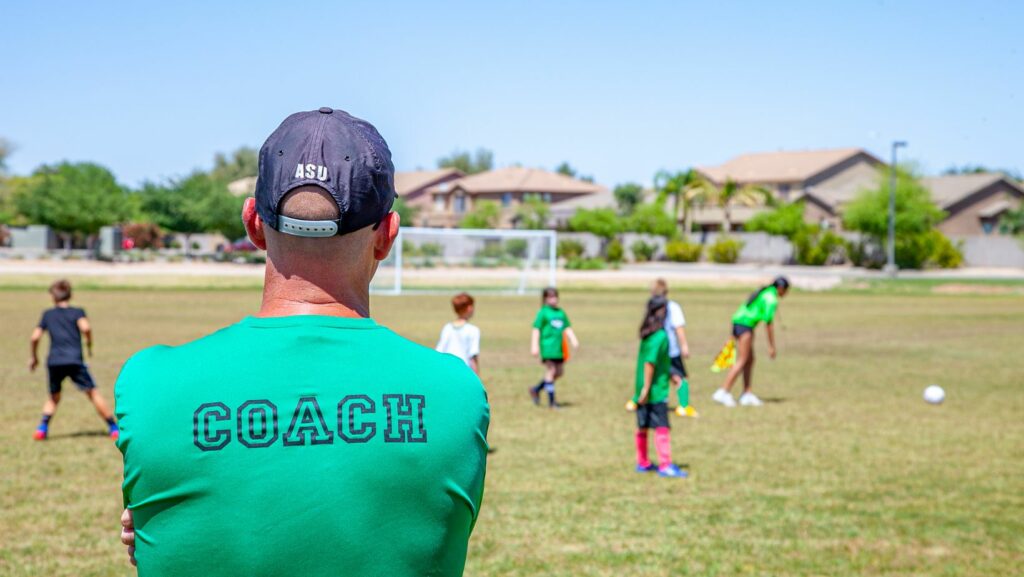In the ever-evolving landscape of health and wellness, the role of a coach has become increasingly vital. Health and wellness coach jobs offer a unique opportunity to make a positive impact on individuals’ lives by guiding them towards healthier choices and sustainable lifestyle changes. These professionals serve as mentors, motivators, and educators, helping clients achieve their wellness goals and unlock their full potential.

Individuals passionate about health, fitness, and holistic well-being can find fulfilling careers as health and wellness coaches. With a focus on personalized guidance and support, these roles require a blend of empathy, expertise, and a genuine desire to empower others. As the demand for holistic health approaches continues to rise, health and wellness coach jobs present a rewarding pathway for those dedicated to promoting overall well-being.
Health and Wellness Coach Jobs
At the core, a health and wellness coach is a professional dedicated to helping individuals enhance their overall well-being through sustainable lifestyle changes. These coaches serve as mentors and motivators, guiding clients towards healthier choices to achieve their wellness goals effectively.
The Roles and Responsibilities

- Mentoring: Health and wellness coaches provide personalized guidance and support to clients, empowering them to make positive changes in their lifestyle, such as diet and exercise modifications.
- Motivation: These professionals inspire and motivate individuals to stay committed to their wellness journey, helping them overcome obstacles and setbacks along the way.
- Education: Health and wellness coaches educate clients on various aspects of well-being, including nutrition, fitness, stress management, and overall self-care practices. While a specific degree is not always required, most health and wellness coach roles prefer candidates with a background in health sciences, nutrition, fitness, psychology, or a related field.
- Certification: Obtaining certification from reputable organizations, such as the International Coach Federation (ICF) or the National Board for Health and Wellness Coaching (NBHWC), can enhance credibility and job prospects for health and wellness coaches.
- Continuing Education: Continuous learning through workshops, seminars, and other professional development opportunities is crucial for staying updated with the latest industry trends and coaching techniques.
Skills Needed for Health and Wellness Coaches
To excel in the field of health and wellness coaching, individuals must possess a combination of essential interpersonal and technical skills.
Interpersonal Skills

- Effective Communication: Coaches need to communicate clearly and actively listen to clients to understand their needs and concerns accurately.
- Empathy and Compassion: Showing empathy towards clients’ challenges and demonstrating compassion can build trust and foster a supportive coaching environment.
- Motivational Interviewing: The ability to motivate clients to set and achieve realistic goals is crucial for successful coaching outcomes.
- Cultural Competency: Understanding and respecting diverse cultural backgrounds is essential for tailoring coaching approaches to meet individual needs.
- Emotional Intelligence: Coaches must be able to recognize and manage their emotions effectively, as well as understand and respond to clients’ emotional cues.
- Knowledge of Health and Wellness Practices: Coaches should have a solid understanding of nutrition, fitness, stress management, and other wellness practices to provide informed guidance to clients.
- Data Analysis: Analyzing client data, such as health assessments and progress tracking, can help coaches monitor client progress and adjust coaching strategies accordingly.
- Technology Proficiency: Familiarity with digital tools and platforms, including mobile apps and wearable devices, is vital for leveraging technology in coaching practices.
- Goal Setting and Monitoring: Developing actionable goals with clients and establishing mechanisms to track progress towards these goals are essential for promoting accountability and success.
- Documentation and Evaluation: Keeping detailed records of client interactions, progress, and outcomes allows coaches to evaluate the effectiveness of their coaching strategies and make necessary adjustments.
These essential skills equip health and wellness coaches to empower their clients in achieving sustainable lifestyle changes and improved overall well-being.Health and wellness coaching is a dynamic field with a promising future. As the industry continues to expand, the need for qualified coaches who can guide individuals towards sustainable lifestyle changes is on the rise. Certifications from reputable organizations like ICF and NBHWC can boost credibility in this competitive landscape.

